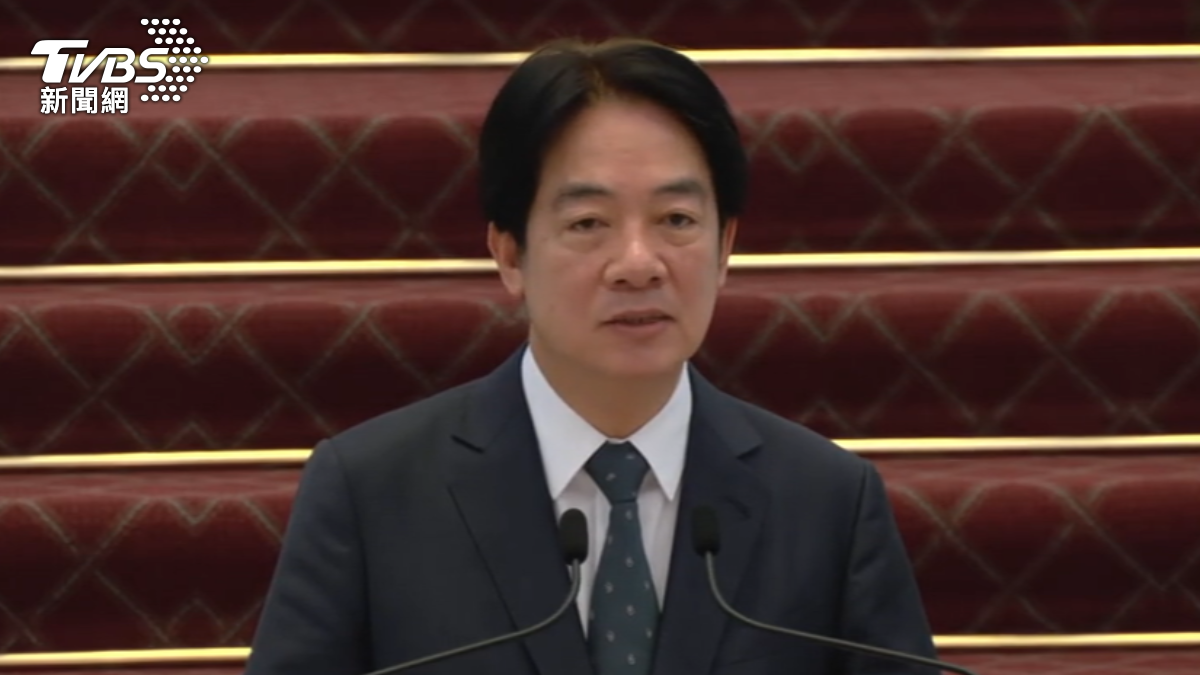TAIPEI (TVBS News) — President Lai Ching-te (賴清德) on Monday (June 24) underscored the critical role of "separation of powers" and "mutual supervision" in maintaining a democratic constitutional system during his inaugural open hall address. He highlighted these principles amid discussions on legislative reforms.
President Lai expressed his opposition to the legislative expansion bill supported by the Kuomintang (KMT) and Taiwan People's Party (TPP), emphasizing that opposing this bill is not akin to opposing legislative reform. He stressed that reforms must adhere to legal and constitutional norms. This stance was reinforced after the Democratic Progressive Party (DPP) and the Executive Yuan called for a constitutional interpretation following the legislative review on June 21.
The Presidential Office (總統府) has responded to public and internal calls for clarity on this matter, seeking to align public understanding with the state's perspective. President Lai voiced concerns over a recent amendment requiring presidential reports to the Legislative Yuan, which he believes could undermine the constitutional framework of responsible governance. He assured that his decisions would always prioritize national over personal interests.
Using a medical analogy from his background, Lai compared legislative evaluations to cautious medical diagnoses, warning that rushed laws could negatively impact the nation's constitutional functioning and citizens' rights. He emphasized his duty to act against constitutionally questionable amendments as a guardian of democracy.
President Lai explained his move to seek a constitutional interpretation as a means to verify the amendment's legality through the Constitutional Court, which he described as the apex protector of constitutional order and citizens' rights. He called for respect and acceptance of the court's upcoming decision from all parties and solicited public support.



